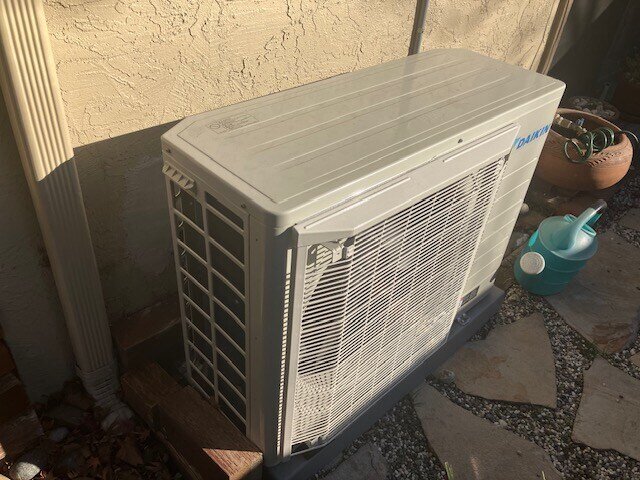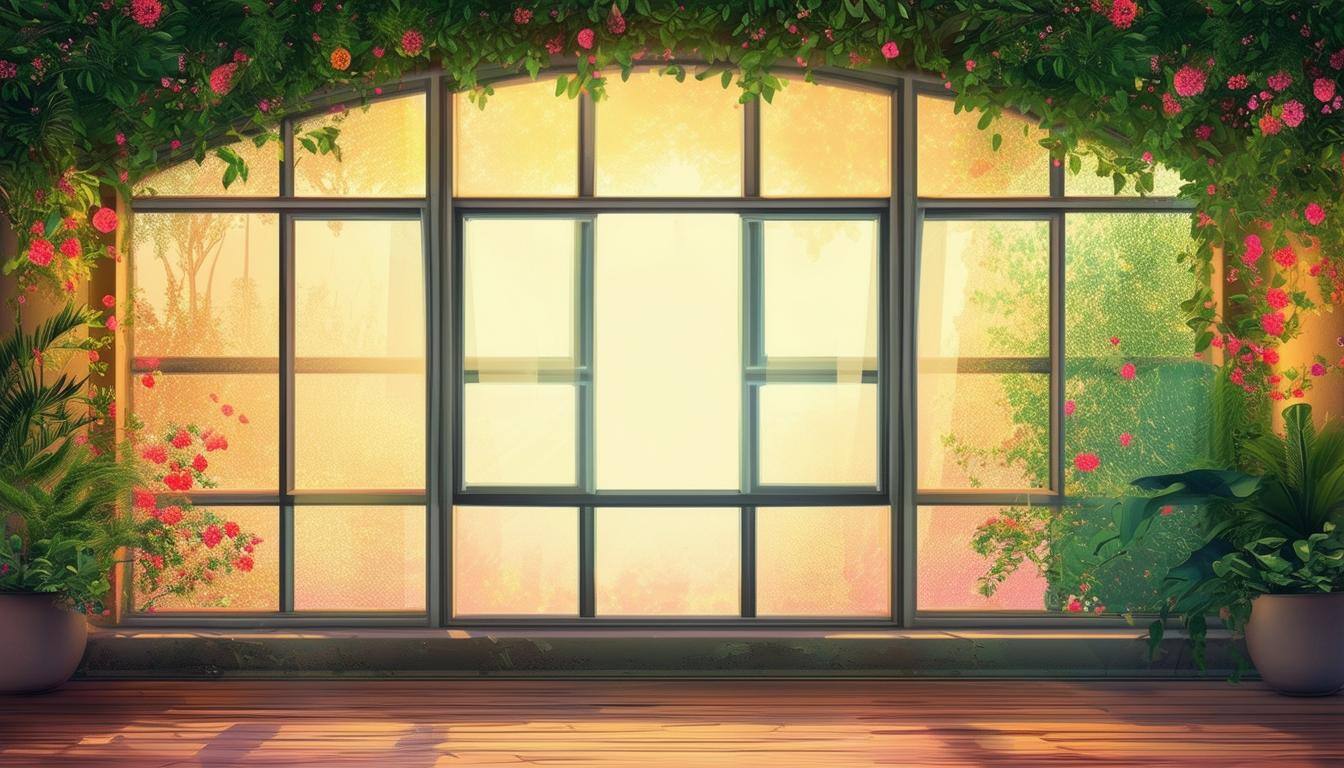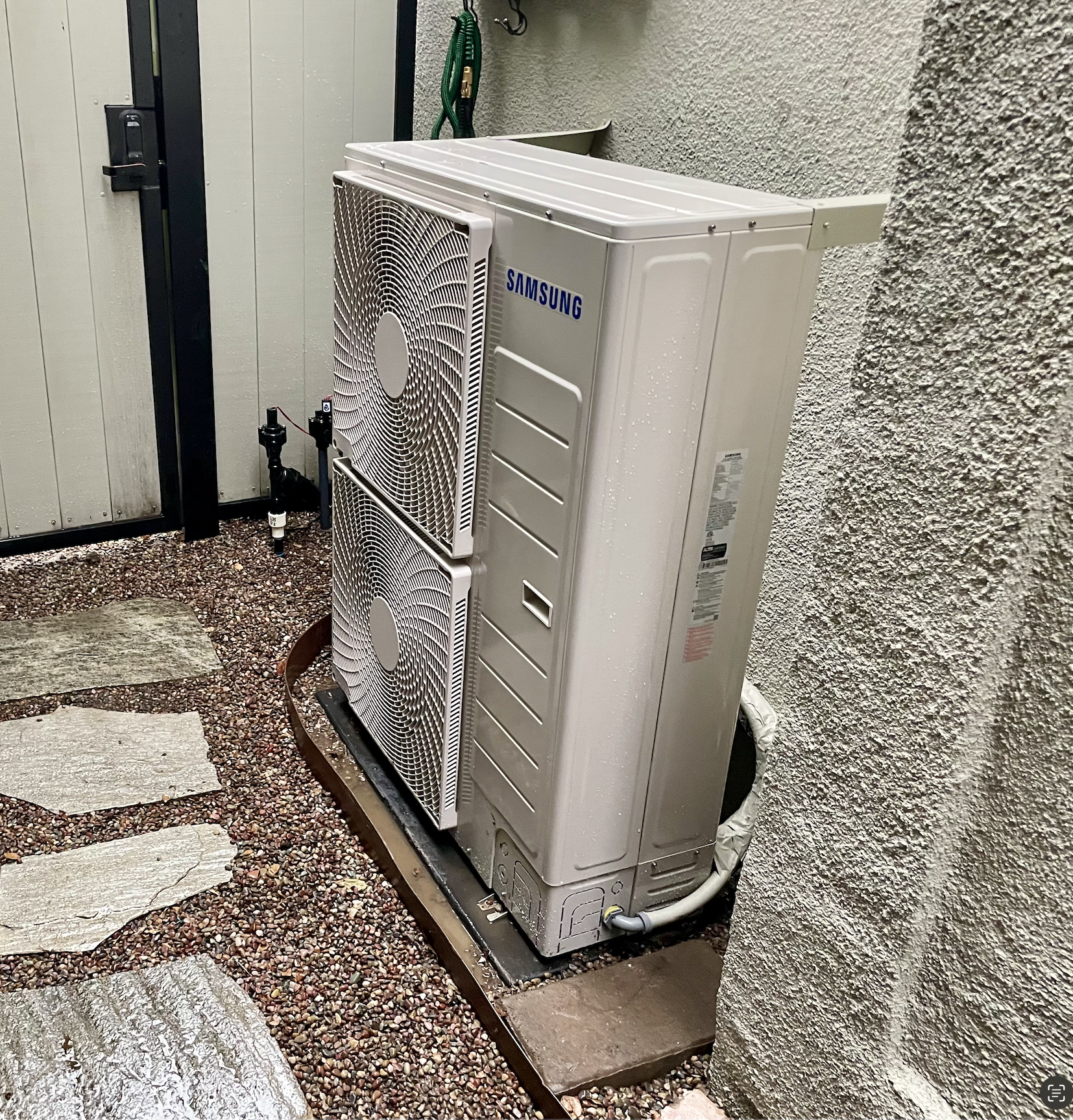How Long Do HVAC Systems Last? When Should You Upgrade Your HVAC?
Someday, the time will come when you need to replace your home's HVAC system. Your HVAC system is primarily responsible for heating and cooling your home. It also helps maintain indoor air quality, manage moisture, and create a comfortable living environment. However, when your HVAC begins to underperform or becomes outdated, it can cause issues in your house.
1. How Long Do HVAC Systems Last?
2. Six Signs You Should Replace Your HVAC System
How Long Do HVAC Systems Last?
HVAC systems can last between 10-25 years, depending on various factors such as your home's insulation, air sealing, temperature preferences, climate, and HVAC tune-ups. Having a well-insulated and professionally air-sealed home can improve the lifespan of your energy-efficient HVAC system. In contrast, older insulation or gaps and cracks can cause the system to overwork, resulting in a shorter lifespan.
HVAC systems' life expectancy depends on the type of unit you have in your home. The life expectancies of popular HVAC systems are as follows:
| Window Unit AC | 10 years |
| Residential single whole-home unit |
15 years |
| Heat pumps | 15 years, (20-25 with good maintenance) |
| Steam boilers | 15-35 years (depending on type) |
| Radiant heaters | 15-20 years |
| Furnace | 18 years |
| Thermostats | ~10 years |
With this basic timeframe in mind, you can watch out for clear signs you should replace your HVAC system. We put together a list of six indicators for when you should replace your HVAC system:
Six Signs You Should Replace Your HVAC System
1. Higher Energy Bills
If you look at your energy bill and find your energy costs are rising, your HVAC system is likely being overworked. This could be due to insufficient insulation and unsealed air leaks, shortening the system's lifespan. You will need a professional home energy audit to determine whether your HVAC system needs to be replaced.
2. Frequent HVAC Repairs
Regular maintenance and occasional repairs are part of an HVAC system's upkeep. They can significantly extend your system's lifetime if completed properly. However, if you're spending money on expensive repairs regularly, it's time to upgrade to a newer and better system. If your HVAC system is more than ten years old and requires frequent repairs, upgrading to a new system can save you money in the long run.
3. Bad Indoor Air Quality
A dusty home or heightened allergies and respiratory illnesses could be signs that your HVAC system is not filtering your air effectively. Certain HVAC systems like furnaces are more likely to produce pollutants than natural gas-based heaters, leading to health-related issues.
4. Strange Noises and Smells
If you walk into your house and observe strange sounds, smells, or smoke from your HVAC system, it's time to replace it. These occurrences are a clear sign your HVAC is not working properly.
5. Inconsistent Temperatures
If you're experiencing uneven temperatures throughout your home or different temperatures in different rooms, it could be time to upgrade to a more efficient system, like a heat pump.
6. Lack of Comfort
Your HVAC system is supposed to keep your home comfortable and livable. That includes removing humidity and keeping the air fresh. If you notice that your home isn't comfortable and you struggle to maintain the right temperature, humidity levels, and air quality, it's time to consider a replacement.
Getting a new HVAC system is a significant investment, but it can have large dividends for your energy bill and quality of life. Upgrading your HVAC to a more energy-efficient system like a heat pump can also reduce your carbon footprint. If you're experiencing any of the six issues mentioned above, it's essential to get a professional energy audit and consider upgrading to a newer, more energy-efficient HVAC system. Not only will you save money on energy costs, but you'll also enjoy better indoor air quality, consistent temperatures, and fewer repairs.
QuitCarbon is here to help if you're looking to upgrade to a new, energy-efficient HVAC system. We have helped hundreds of homeowners determine the best ways to make their homes more energy efficient. Homeowners can get a free "Electrification Plan" from QuitCarbon that details the best upgrades for HVAC systems, insulation, and other home energy needs.



